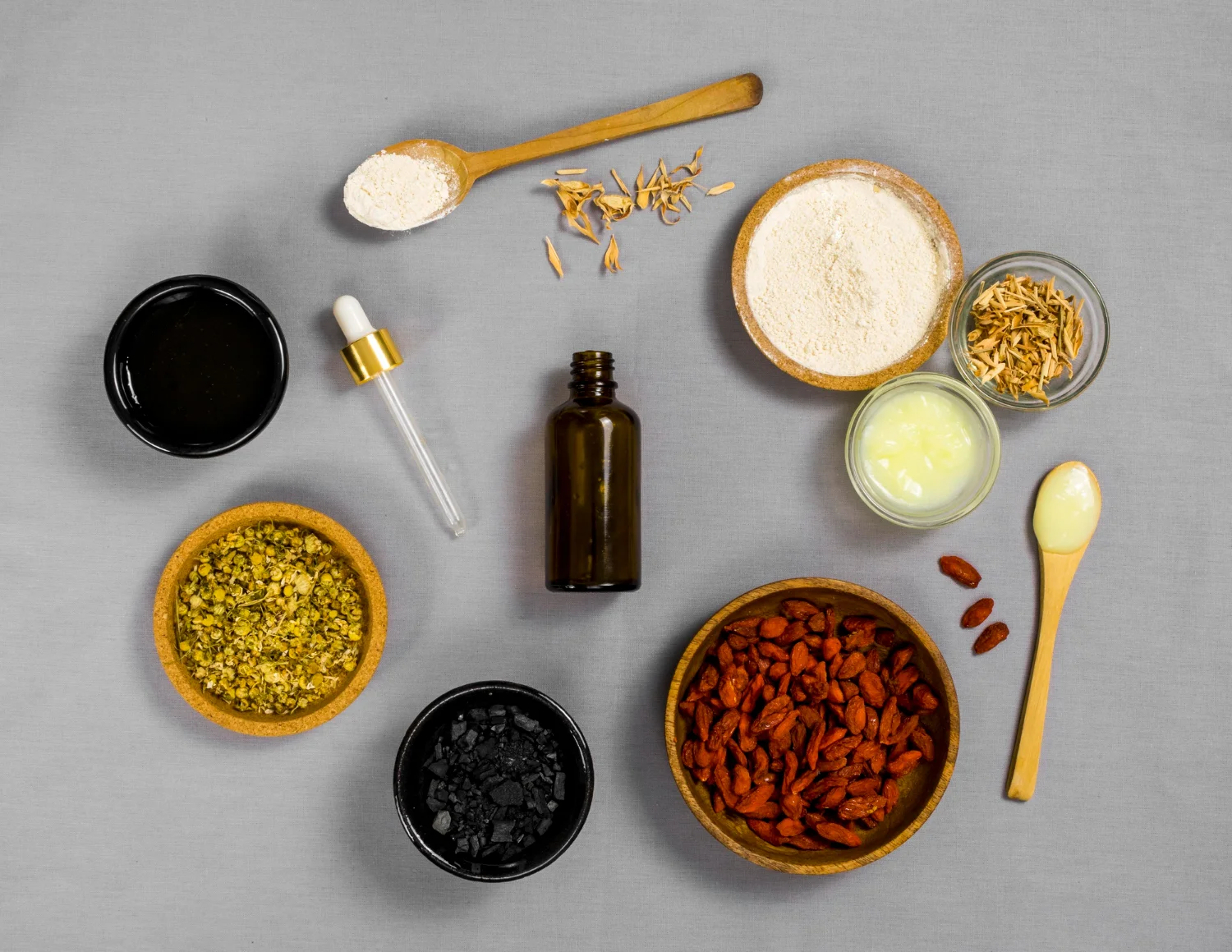Introduction
In the bustling streets of ancient Egypt, a humble seed was sold at every marketplace, renowned for its powerful medicinal properties. Traders and healers alike swore by its healing properties, and it wasn’t long before it became a staple in homes across the region. Fast forward to today, and the same tiny seed—Fenugreek (or foenegriek as it is known in many parts of the world continues to captivate health enthusiasts and culinary experts alike. But what makes foenegriek so extraordinary? Let’s delve into the history and modern-day relevance of this excellent herb and uncover why it remains a powerhouse in both health and cuisine.
What is Fenugreek?
Fenugreek, scientifically known as Trigonella foenum-graecum, is a plant native to the Mediterranean region. However, it is now widely cultivated in many parts of the world, including India and North Africa. The seeds of the foenegriek plant are small, golden-brown, and have a distinct aroma. Often used in cooking, the seeds can also be ground into a powder or consumed in various forms such as capsules and extracts for their potent health benefits.
Historical Significance of Fenugreek
For centuries, foenegriek has been revered for its healing properties. The ancient Egyptians, Greeks, and Romans utilized it for a wide range of purposes, from enhancing milk production in nursing mothers to alleviating digestive issues. In traditional Ayurvedic and Chinese medicine, fenugreek has been used to treat conditions such as diabetes, high cholesterol, and inflammation. Its use as a natural remedy is deeply rooted in history and continues to be studied for its potential therapeutic benefits.
Health Benefits of Fenugreek
1. Boosting Digestion
One of the primary health benefits of foenegriek lies in its ability to support digestive health. The high fiber content in fenugreek seeds can help regulate bowel movements and prevent constipation. Additionally, the seeds have been shown to alleviate symptoms of indigestion, bloating, and heartburn, making them a natural remedy for gastrointestinal discomfort.
2. Managing Blood Sugar Levels
Fenugreek has gained popularity for its potential role in managing blood sugar levels. Studies have shown that foenegriek can help regulate glucose metabolism, making it a valuable herb for those with type 2 diabetes. The fiber and soluble carbohydrates in fenugreek seeds may slow down the absorption of sugar in the bloodstream, preventing spikes in blood sugar levels after meals.
3. Promoting Healthy Lactation
For nursing mothers, foenegriek has long been considered a natural galactagogue, meaning it helps increase milk production. The plant contains compounds that mimic estrogen, potentially stimulating milk production. Many mothers use fenugreek as a safe, herbal alternative to prescription medications designed to boost lactation.
4. Supporting Heart Health
The potential heart-healthy benefits of fenugreek are primarily attributed to its ability to lower cholesterol levels. Studies suggest that the fiber in foenegriek can help reduce bad cholesterol (LDL) and increase good cholesterol (HDL). This, in turn, may lower the risk of heart disease and improve overall cardiovascular health.
Fenugreek in Modern-Day Use
1. Culinary Uses of Fenugreek
Beyond its medicinal properties, foenegriek is widely used in cooking, especially in Indian, Middle Eastern, and Mediterranean cuisines. The seeds are often used in spice blends such as curry powder and can be found in dishes like dal (lentil stew) and masoor dal (spiced lentils). The leaves of the fenugreek plant, known as “methi” in Hindi, are also used in cooking, particularly in the form of a flavorful green.
2. Fenugreek Supplements
For those who do not enjoy the taste of fenugreek or prefer a more convenient option, fenugreek supplements are widely available. These supplements come in the form of capsules, tablets, or powders and are used to support various health concerns, including digestive issues, blood sugar management, and weight loss. As with any supplement, it’s essential to consult with a healthcare professional before starting fenugreek supplementation, especially for those who are pregnant or breastfeeding.
How to Use Fenugreek for Optimal Health
1. Fenugreek Seeds
To reap the health benefits of fenugreek seeds, soak them overnight and consume them on an empty stomach in the morning. This is believed to enhance the seed’s effectiveness in managing blood sugar levels and improving digestion.
2. Fenugreek Tea
Fenugreek tea is another popular way to incorporate the herb into your daily routine. Simply boil a few fenugreek seeds in water and strain the liquid. The tea can be consumed hot or cold and is believed to have various health benefits, including aiding in weight loss and boosting metabolism.
3. Fenugreek Oil
Fenugreek oil, extracted from the seeds, is another form of the herb that can be used to promote hair growth, reduce acne, and soothe skin conditions like eczema. Applying a small amount of fenugreek oil directly to the skin or hair may help improve overall skin health.
Potential Side Effects and Precautions
While foenegriek is generally considered safe for most people when consumed in moderation, there are a few potential side effects to be aware of. Excessive consumption of fenugreek may lead to digestive discomfort, including diarrhea, bloating, and gas. Additionally, fenugreek can interact with certain medications, including blood thinners and diabetes medications. As with any supplement or herb, it’s essential to use fenugreek responsibly and consult with a healthcare professional, particularly if you have underlying health conditions or are pregnant or breastfeeding.
Conclusion
Incorporating foenegriek into your diet or wellness routine can offer a variety of health benefits, from improved digestion to better blood sugar management. Whether you’re cooking with the seeds, enjoying fenugreek tea, or taking supplements, this ancient herb continues to prove its worth in the modern world. As research continues to uncover the numerous potential benefits of fenugreek, it’s clear that this humble seed has a great deal to offer those seeking natural remedies for common health concerns. So, the next time you come across foenegriek, you’ll know that it’s not just a flavorful spice, but a powerful ally for your health.



